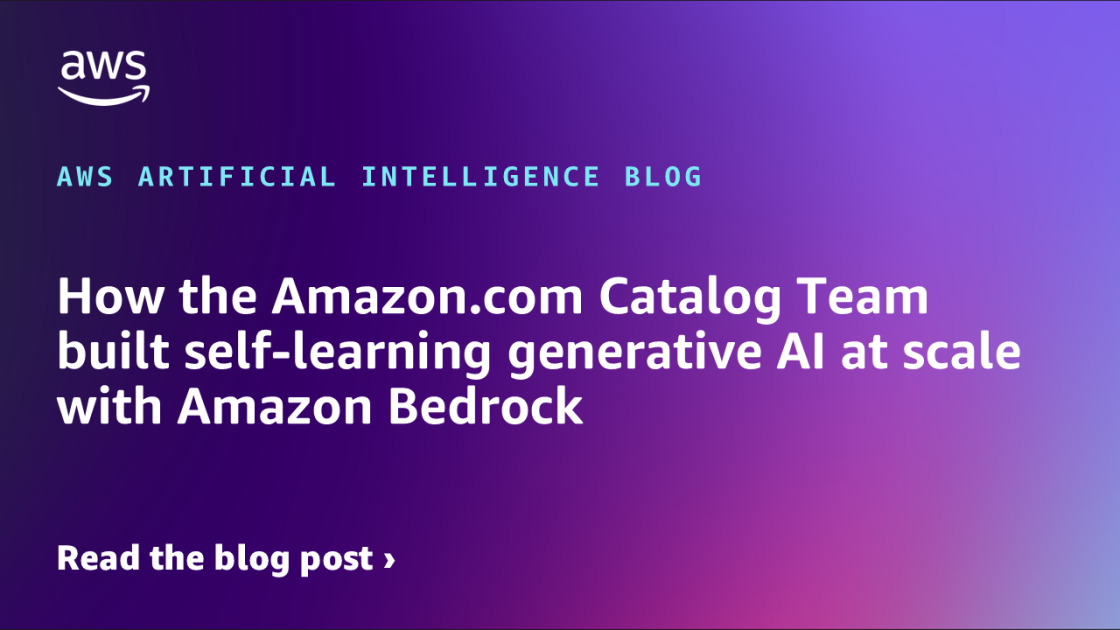
Power BI is a leader in business intelligence for developers with more than 7 million actively building data visuals. Now, Microsoft Fabric is quickly becoming the home for all data developers. To help developers feel even more at home, we’re adding a huge range of new tooling across Fabric.
First, we’ve released the Fabric Extensibility Toolkit into preview—an evolution of the Microsoft Fabric Workload Development Kit but newly designed to help any developer bring their data apps to Fabric for their own organizations along with a simplified architecture and additional automation to drastically streamline development. Developers can now simply build their own Fabric items, and everything else like distribution, user interface, and security is taken care of for you—try it today.
We’re also introducing the preview of Fabric MCP, a developer-focused Model Context Protocol that enables AI-assisted code generation and item authoring in Microsoft Fabric. Designed for agent-powered development and automation, it streamlines how you build using Fabric’s public APIs with built-in templates and best-practice instructions. It also integrates with tools like Microsoft Visual Studio Code and GitHub Codespaces and is fully open and extensible.
With the general availability of Git integration and deployment pipelines with lakehouses, data warehouses, copy jobs, activator, Power BI reports, and many more, we are excited to announce that you can employ continuous integration and continuous delivery (CI/CD) capabilities across the Fabric platform. We are even extending CI/CD support to Fabric data agents. We are also releasing User Data Functions and the Fabric VS Code extension into general availability. And we are releasing an open-source version of the command line interface in Fabric.
Finally, we are also releasing horizontal tabs for open items, support for multiple active workspaces, and a new object explorer—all designed to make multitasking in Fabric smoother, faster, and more intuitive.




